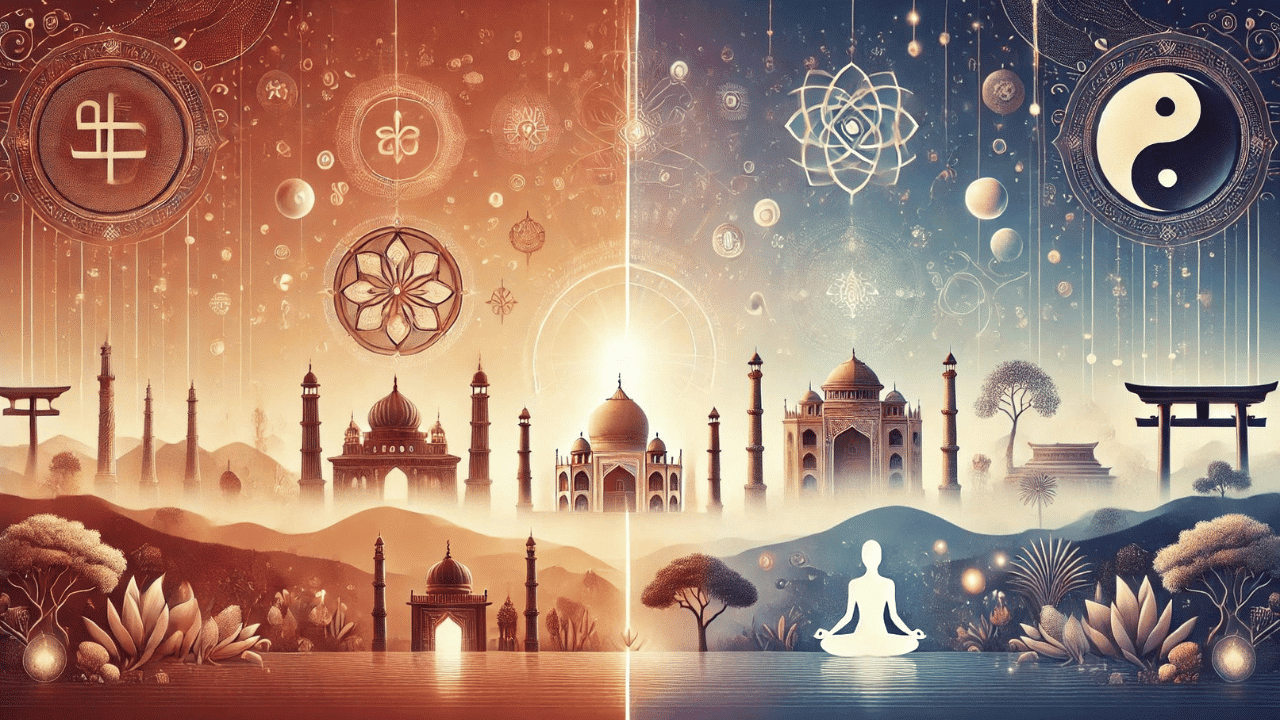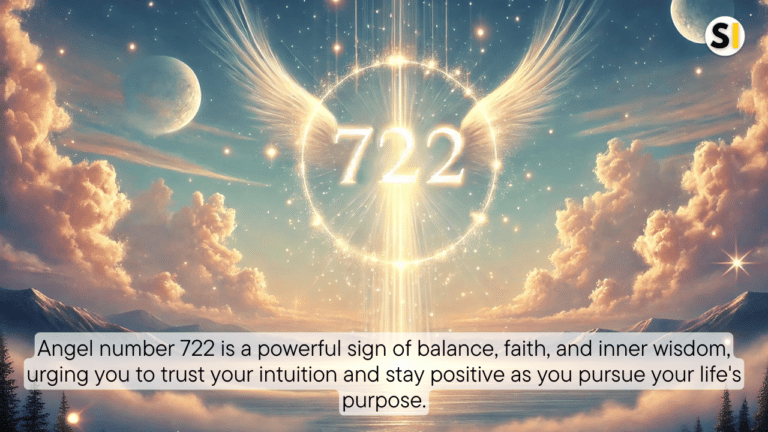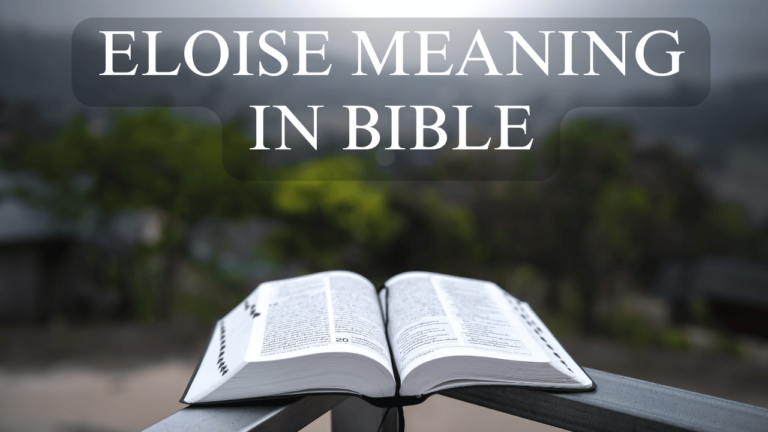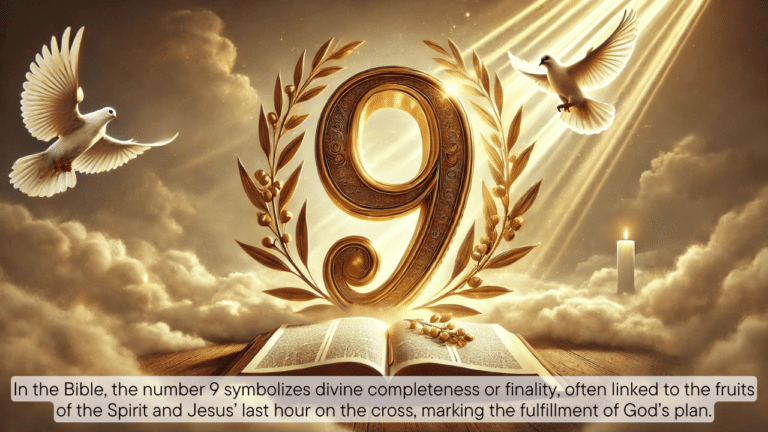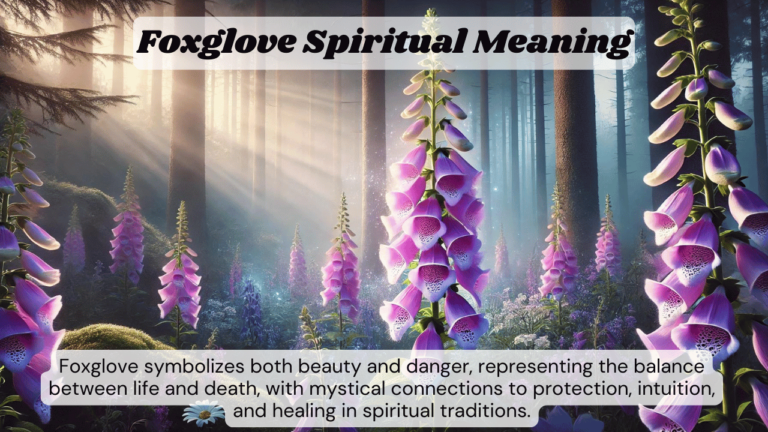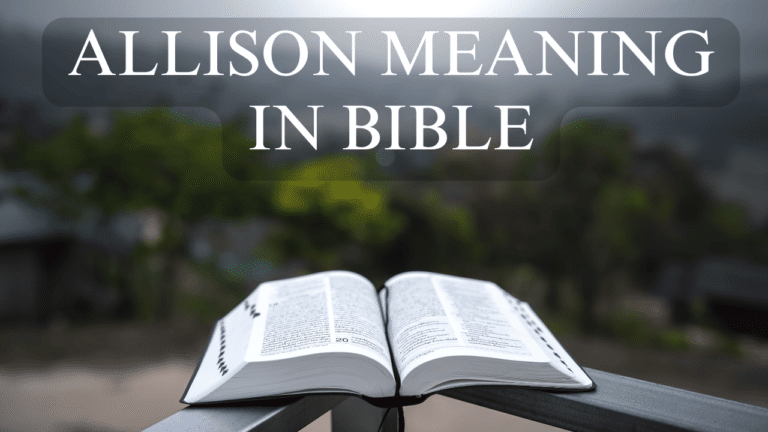Top 10 Differences Between Religion and Spirituality
Religion and spirituality are often used interchangeably but are fundamentally different concepts. While both deal with the human connection to something greater, their paths can be distinct. Understanding these differences can help you navigate your journey more effectively. Let’s explore the top 10 differences between religion and spirituality and how they shape our lives differently.
Definition and Structure
- Religion is a group’s organized system of beliefs, rituals, and practices. It is often institutional and involves a formal structure of worship.
- Spirituality, on the other hand, is more individualistic. It focuses on personal growth and inner peace without being tied to a specific doctrine or institution.
Key Point:
Religion is an external framework, while spirituality is an internal journey.
Focus on Dogma vs. Personal Experience
- Religion often emphasizes adherence to established doctrines, teachings, and rituals. The focus is on worshipping a deity or deities through a set structure.
- Spirituality emphasizes personal experience. It’s about seeking one’s truth and understanding the universe without a rigid framework.
Key Point:
Religion follows doctrine, while spirituality encourages individual discovery.
Community vs. Solitude
- Religion fosters a sense of community. People come together in houses of worship, such as churches, mosques, or temples, where shared beliefs and practices form a collective identity.
- Spirituality tends to be more solitary. Spiritual individuals often embark on personal journeys of self-reflection, meditation, or introspection, which don’t necessarily require communal support.
Key Point:
Religion is communal, while spirituality can be deeply personal.
Organized Worship vs Free-Form Expression
- Religion is characterized by structured forms of worship, including prayers, rituals, and specific times for observance (such as Sunday services or daily prayers).
- Spirituality is much more fluid. There are no rules for how or when to engage in spiritual practices. It could be through meditation, nature walks, or creative expression like art or music.
Key Point:
Religion requires formal worship; spirituality allows freedom of expression.
Belief in a Higher Power
- Religion often involves worshipping a specific higher power, such as God, Allah, or multiple gods in polytheistic traditions. The concept of divine judgment is also prevalent.
- While it may involve a belief in a higher power, spirituality doesn’t limit this concept to a specific deity. It could be the universe, nature, or simply a sense of interconnectedness with all things.
Key Point:
Religion often worships a specific deity, while spirituality can be more abstract.
Fear of Judgment vs. Personal Growth
- Religion can sometimes instil a fear of divine judgment or punishment for sins. Many religions teach the importance of following rules to avoid negative consequences in the afterlife.
- Spirituality focuses more on personal growth and self-improvement. It’s about becoming the best version of yourself rather than avoiding punishment or seeking rewards.
Key Point:
Religion can be fear-driven, while spirituality is growth-driven.
Tradition vs. Evolution
- Religion is steeped in tradition. It involves centuries-old practices and teachings passed down through generations. Changing these beliefs can be seen as sinful.
- Spirituality is more dynamic and adaptable. It evolves with personal experience, societal changes, and new philosophies. There’s no strict adherence to tradition.
Key Point:
Religion is rooted in tradition, while spirituality is ever-evolving.
External vs. Internal Guidance
- Religion often requires external guidance from sacred texts, clergy, or religious leaders who interpret these teachings for followers.
- Spirituality is based on internal guidance. It emphasizes intuition, reflection, and listening to one’s inner voice to understand life’s deeper meanings.
Key Point:
Religion looks outward for guidance, while spirituality looks inward.
Moral Codes
- Religion prescribes specific moral codes. These codes are clearly defined in religious texts like the Bible, Quran, or Torah and dictate what is considered right or wrong.
- Spirituality doesn’t adhere to a specific moral code. Instead, it focuses on the individual’s ethics, often shaped by their experiences and interactions with the world.
Key Point:
Religion provides defined moral codes; spirituality allows for personalized ethics.
Ultimate Goals: Salvation vs. Enlightenment
- Religion often teaches about salvation or reaching a promised afterlife through obedience to religious principles, like heaven or paradise.
- Spirituality focuses on achieving enlightenment, inner peace, or self-realization. The journey is often seen as more important than the destination.
Key Point:
Religion aims for salvation; spirituality seeks enlightenment.
FAQs about Religion and Spirituality
1. Can you be spiritual without being religious?
Absolutely! Many people identify as spiritual without following any organized religion. Spirituality is personal and doesn’t require a formal structure or belief in specific religious doctrines.
2. Is spirituality better than religion?
Neither is “better” than the other. It depends on the individual’s personal beliefs and needs. Some find fulfilment in organized religion, while others prefer a more personal spiritual journey.
3. Can religion and spirituality coexist?
Yes, they can coexist. Many religious people consider themselves spiritual, finding personal growth and enlightenment within the framework of their religion.
4. Does spirituality involve belief in God?
Not necessarily. Spirituality may involve belief in a higher power, but it doesn’t have to be a specific deity. Some spiritual people connect more with the universe, nature, or their inner selves.
5. Why do people choose spirituality over religion?
People often choose spirituality because it allows for more freedom and personal exploration. They may prefer an individualistic path that focuses on inner growth without the confines of organized doctrine.
Conclusion
While religion and spirituality share the common goal of connecting individuals to something greater, they approach this goal differently. Religion offers a structured path defined by traditions, community, and a clear moral code. On the other hand, spirituality is a more fluid and personal journey focused on self-exploration, inner peace, and personal growth.
Whether you choose religion, spirituality, or a blend of both, the key is finding what resonates with you and helps you grow. Each path offers unique insights into the human experience and our relationship with the divine or the universe.

